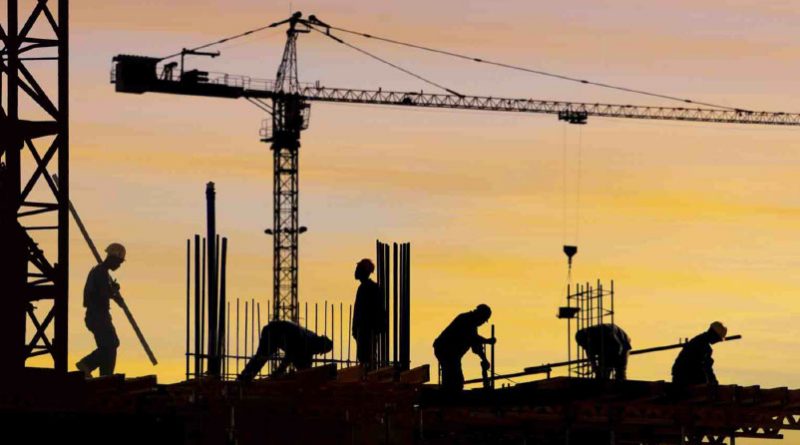CIF Q3 Economic Outlook — Half of construction companies remain positive about health of the industry
Half of construction companies in Ireland remain positive about the health of the industry despite 76% reporting a year-on-year increase in labour costs and 64% citing a year-on-year increase in raw materials.
Thats according to The Construction Industry Federation’s (CIF) Q3 construction outlook survey also found that turnover and employment figures in the sector continue to increase.
Hubert Fitzpatrick, Director General of the Construction Industry Federation said: “Regrettably, increasing costs in the form of labour and raw materials continue to put upward pressure on pricing across all sub sectors. It’s likely that unsustainable cost increases in labour and materials could affect the viability of some projects.”
The survey of 220 construction companies found that:
- 33% acknowledge an increase in turnover year-on-year in Q3 with 26% expecting turnover to increase in Q4
- 25% report an increase in the total number of people they employ, with 22% expecting the trend to endure over the next 3 months
- 76% experienced a year-on-year increase in the cost of labour with 55% expecting the trend to persist
- 64% report a year-on-year increase in the cost of raw materials with 51% anticipating the trend to continue into Q4
- 51% are positive about the health of the sector going into Q4, with only approximately 1 in 10 (11%) negative
- Increasing costs continue to impact on the pricing of projects with 51% acknowledging a year-on-year increase and 38% expecting continued increases in 2023
- Access to skilled labour (79%), securing a healthy profit margin on projects (66%) and the increased cost of raw materials (65%) remain the three most significant challenges
 Respondents observed an increase in housebuilding, civil and general construction, and a decrease in commercial development. Some respondents identified a healthier pipeline of work expected to emerge by Quarter 2 2024, but warn of a potential slowdown in the civil engineering sector, if some key projects get delayed in the planning process.
Respondents observed an increase in housebuilding, civil and general construction, and a decrease in commercial development. Some respondents identified a healthier pipeline of work expected to emerge by Quarter 2 2024, but warn of a potential slowdown in the civil engineering sector, if some key projects get delayed in the planning process.
Respondents signal that these and other planning delays, funding issues, stalled public projects and access to skilled operatives will continue to challenge the sector throughout 2024.
Hubert Fitzpatrick said: “With the uncertainty surrounding current global events and economic headwinds that may slow the growth of the economy in the short term, the recent investment funds announced in the budget are welcome to help create more business certainty across the built environment.
“The Construction Industry Federation welcomes this and will continue to work with Government on its commitment to addressing constraints to NDP delivery in areas such as planning, public sector capacity, digital adoption, housing delivery, and skills. This ensures that the construction sector has grounds for increased positivity in 2024.”


